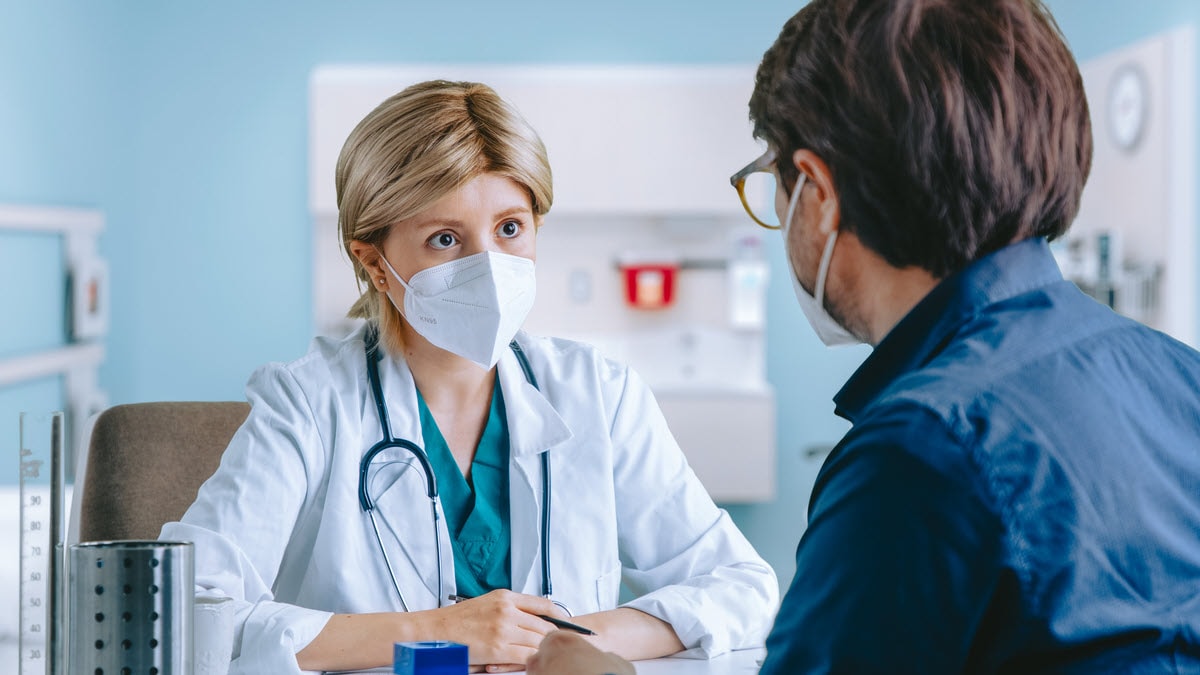Key points
- Drug-resistant tuberculosis (TB) disease means that the medicine can no longer kill the TB germs.
- Treating and curing drug-resistant TB disease is complicated.
- People with drug-resistant TB disease must be treated with special medicines.

Treatment overview
There are different types of drug-resistant TB disease, depending on which medicines the TB germs are resistant to. People with drug-resistant TB disease must be treated with medicines that can kill the TB germs.
If you have drug-resistant TB disease, your health care provider will recommend a treatment plan for your specific type of drug-resistant TB disease. A treatment plan (also called treatment regimen) for drug-resistant TB disease is a schedule to take TB medicines to kill all the TB germs. Your treatment plan for drug-resistant TB disease will include:
- The types of TB medicines to take,
- How much TB medicine to take,
- How often to take the TB medicines,
- How long to take the medicines,
- How to monitor yourself for any side effects of your TB medicine, and
- The health care provider(s) who will support you through the treatment process.
Treatment options
It is complicated to treat and cure drug-resistant TB disease. If you have drug-resistant TB disease, you must be treated with special medicines that are strong enough to kill the TB germs.
Treatment may take a long time, sometimes months or years and the medicines can cause side effects. The different treatment plans for drug-resistant TB disease depend on which medicines the TB germs are resistant to.
A TB medical expert can help to prescribe the best medicines to treat drug-resistant TB disease, and closely monitor your treatment to make sure the medicines are working.
Directly Observed Therapy (DOT)
If you have drug-resistant TB disease, you will meet in person with a health care provider to take your medicines. This is called directly observed therapy (DOT). DOT is a way to help you complete treatment for TB disease.
Through DOT, you will meet with a health care worker every day or several times a week. These meetings may be in-person or virtual (through a smartphone, tablet, or computer). The health care worker will watch you take your TB medicines and make sure that the TB medicines are working as they should.
Side effects
The medicines to treat drug-resistant TB disease are different from those used to treat inactive TB, also known as latent TB infection, and active TB disease. They may cause different side effects than the other kinds of medicine.
Talk to your health care provider about the potential side effects of the medicines you are taking for drug-resistant TB disease.
Completing treatment
Your health care provider will help you complete treatment for drug-resistant TB disease.
Your health care provider will monitor your treatment.
Your health care provider needs to see how you are doing. Keep all your clinic appointments while you are being treated.
Your health care provider will ask you about side effects and perform tests to see how the medicines are working. Depending on your treatment plan, your health care provider may ask for blood, sputum (phlegm), or urine tests while you are on treatment. These tests help show if the TB medicines are working the right way and how your body is handling the medicine. You may also get additional chest x-rays.
Keep a record of your treatment.
Even after you finish taking all of your medicine for drug-resistant TB disease, you may still have a positive test result on future TB blood tests or TB skin tests.
Ask your health care provider for a written record that you have finished treatment for drug-resistant TB disease. This will be helpful if you are asked to have another TB test in the future.
Most healthy people will not need to be treated for drug-resistant TB disease ever again.
However, the treatment you completed only kills the TB germs in your body now. If you are around someone with active TB disease, there is a chance that you can get new TB germs in your body.
Getting support
It is very important to take and finish all TB medicines exactly as prescribed by your health care provider. Talk to your health care provider if you have any questions or concerns about treatment for drug-resistant TB disease. Tell your health care provider if you:
- Have side effects from the TB medicine.
- Need help taking your TB medicine.
- This includes food, clean water, or transportation.
- This includes food, clean water, or transportation.
If you need additional assistance or support in completing treatment for drug-resistant TB disease
Talk to your health care provider.
The state or local TB program may be able to provide support or have resources to help you.
Ask your family or friends for support.
If you need support while completing treatment for drug-resistant TB disease, ask your family or friends. A family member or friend can help you to remember to take your TB medicines. It can be hard taking TB medicine for so long. family member or friend can provide emotional support and may be able to help you get resources such as food and groceries if you have to stay away from others while being treated for drug-resistant TB disease.
Connect with other TB survivors.
We are TB, and Somos TB for Spanish-speakers, is a community of TB survivors, people being treated for TB, and their family members, committed to the common goal of eliminating TB. The group provides comprehensive peer support for current TB patients and TB clinics.
You can learn about people's experiences of being diagnosed and treated for drug-resistant TB disease through CDC's Tuberculosis Personal Stories.
